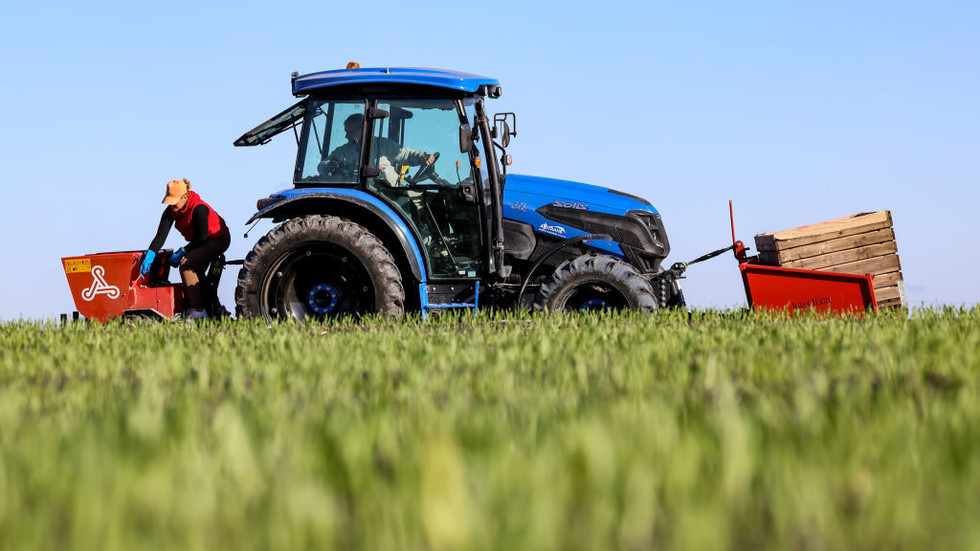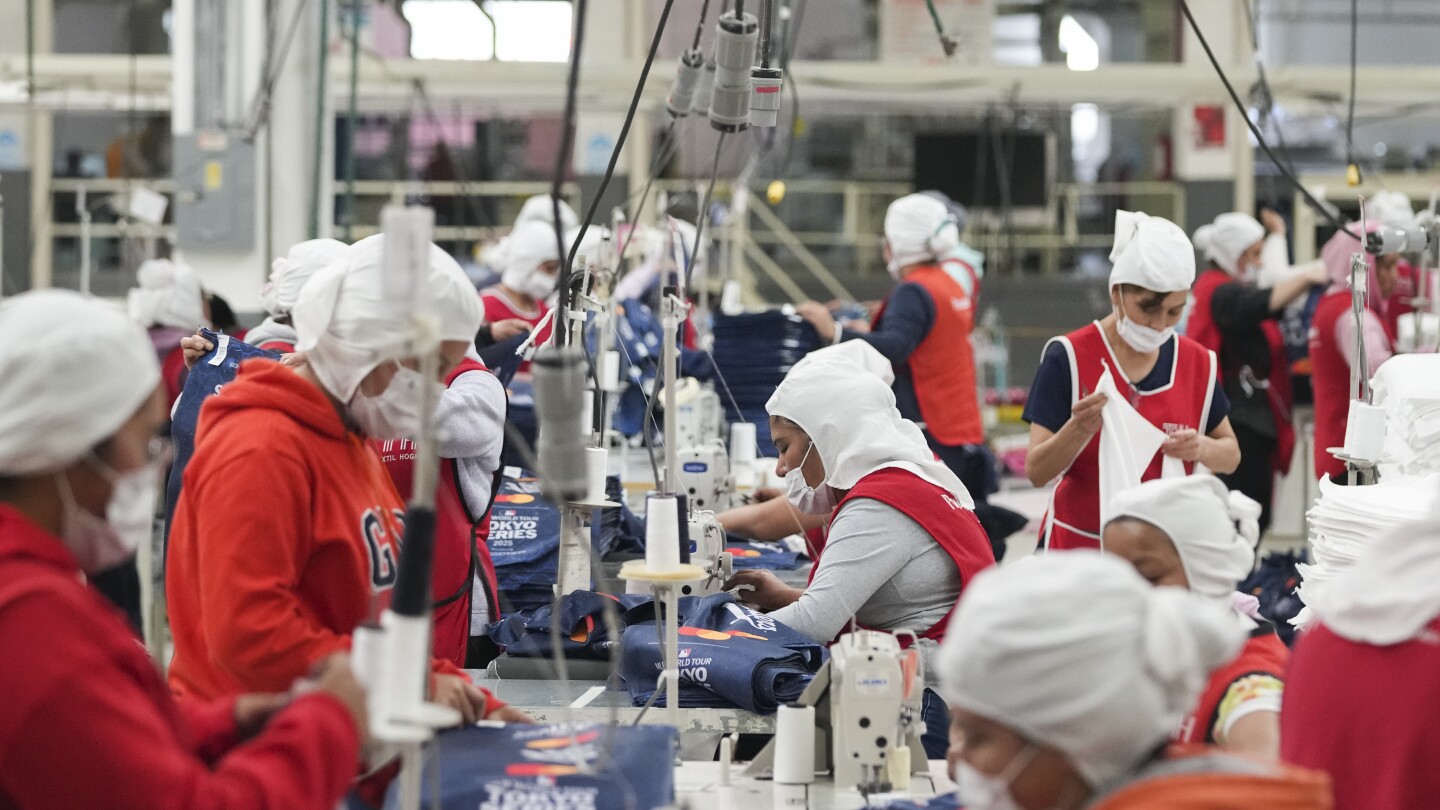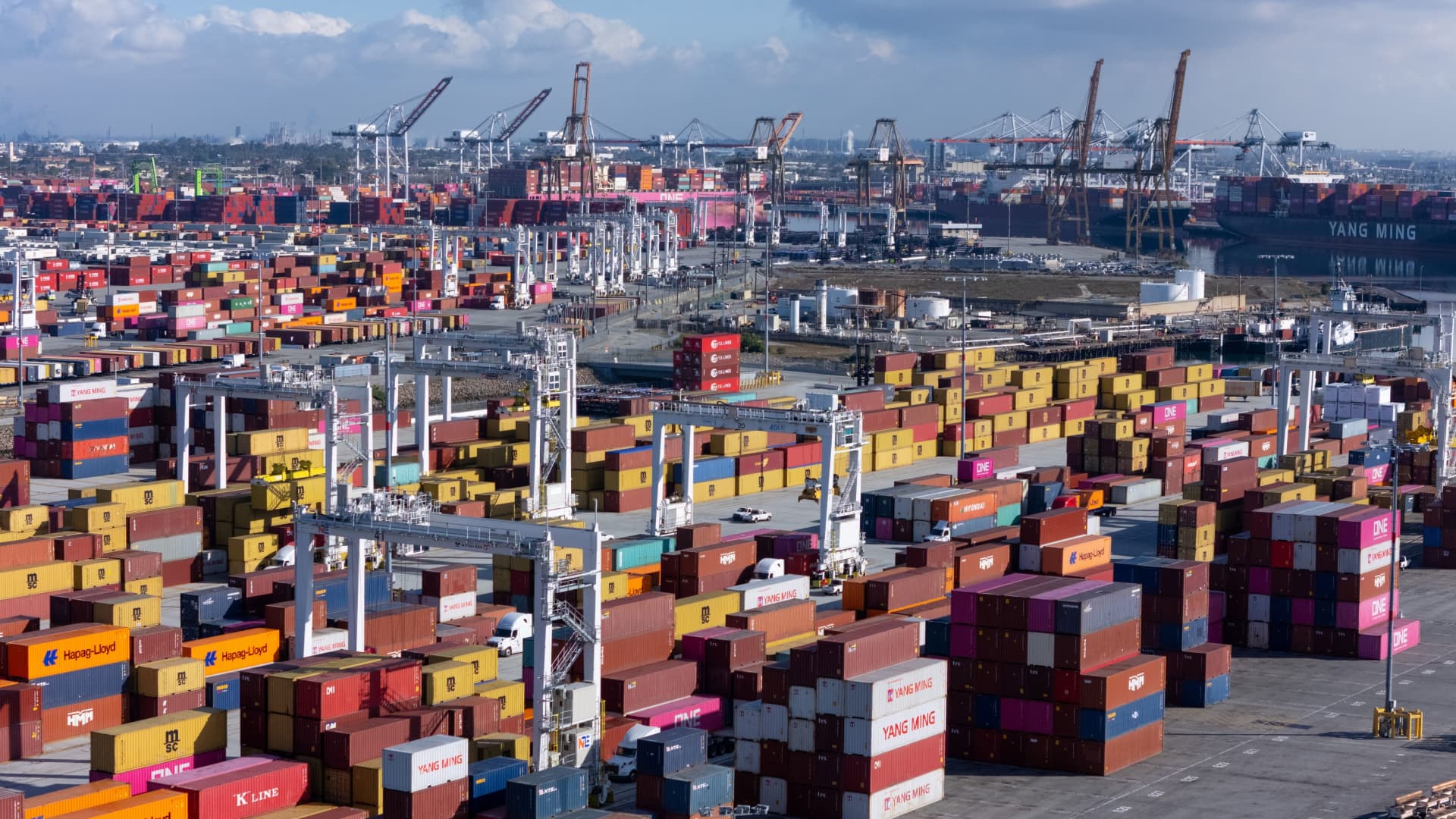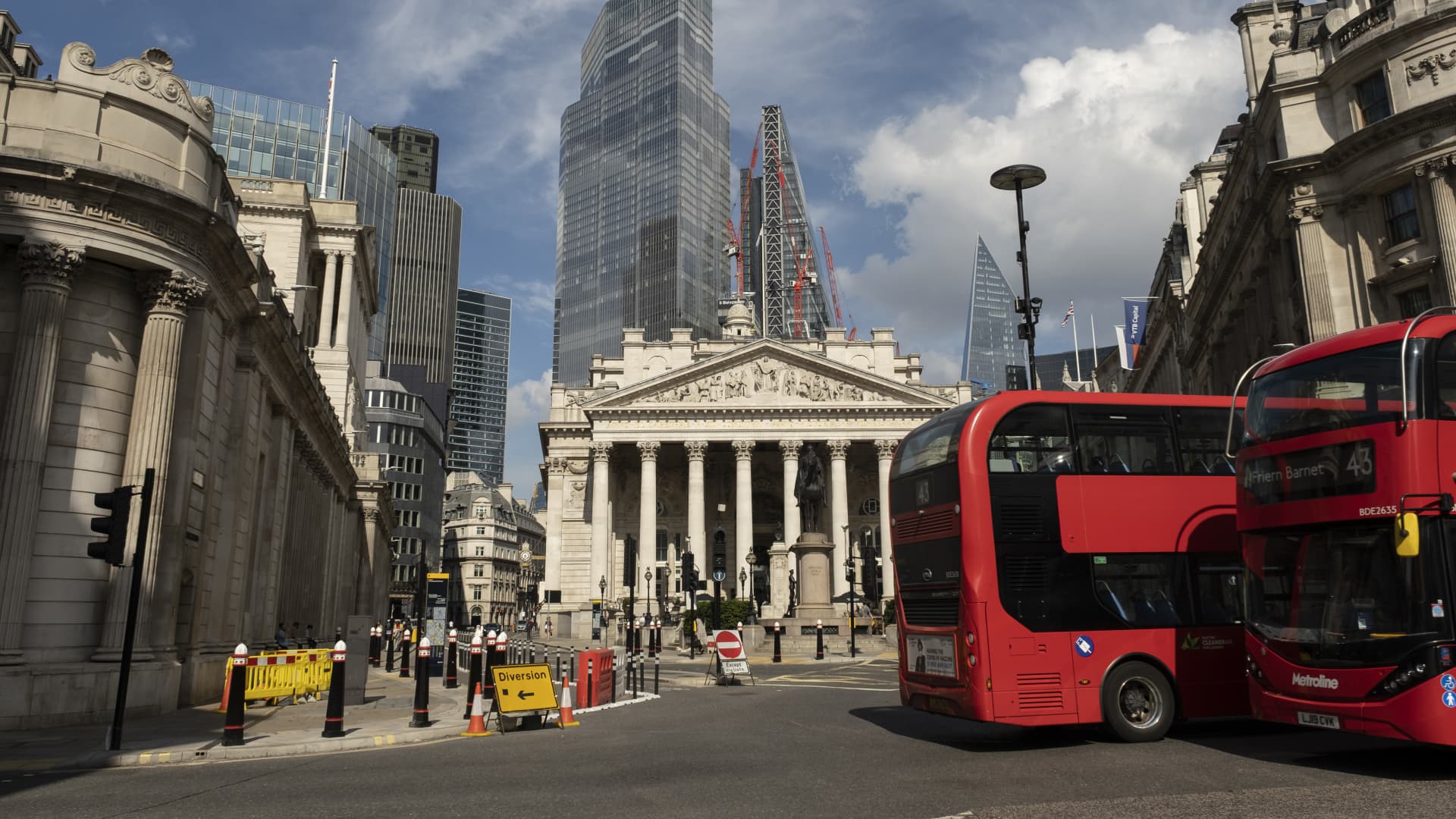EU Producers Push for Increased Tariffs on Russian Fertilizers: An Overview
In recent months, European producers have markedly intensified their advocacy for higher tariffs on Russian fertilizers. This push is largely driven by a combination of economic pressures and environmental concerns that have surfaced amid ongoing geopolitical tensions. As the EU navigates its agricultural trade landscape, understanding the implications of these proposed tariff increases becomes crucial. What’s at stake for the EU market, its farmers, and the broader agricultural sector?
The Economic Landscape: Why Increased Tariffs on Russian Fertilizers Matter
Economic competition in the fertilizer industry has been a long-standing issue, with Russian producers holding a significant portion of the European market share. The demand for fertilizers, particularly nitrogen-based ones, has soared due to the increasing need for food production to support a growing global population. However, this reliance on Russian imports poses several risks for EU farmers and producers.
Here are some key economic factors driving the push for increased tariffs:
- Market Dependency: A heavy reliance on Russian fertilizers makes EU agriculture vulnerable to price fluctuations and supply disruptions.
- Domestic Production Incentives: Higher tariffs could encourage local production, which would benefit EU farmers by creating jobs and stimulating the economy.
- Price Stability: By imposing tariffs, the EU aims to stabilize prices and protect local producers from being undercut by cheaper Russian imports.
The Environmental Angle: Protecting the EU’s Green Future
In addition to economic motivations, environmental concerns are at the forefront of the discussion surrounding increased tariffs on Russian fertilizers. The European Union has committed itself to ambitious sustainability goals, including the European Green Deal, which aims to make Europe the first climate-neutral continent by 2050. The use of fertilizers, particularly those with high nitrogen content, has been scrutinized for their impact on soil health and water quality.
Some critical environmental considerations include:
- Pollution and Soil Health: Excessive use of chemical fertilizers can lead to soil degradation and waterway pollution through runoff, contributing to algal blooms and dead zones in aquatic ecosystems.
- Climate Change Mitigation: Reducing dependency on fertilizers that are produced in ways that contribute to greenhouse gas emissions aligns with the EU’s broader climate goals.
- Promotion of Sustainable Practices: By increasing tariffs, the EU could incentivize farmers to explore organic and sustainable farming practices that reduce reliance on synthetic fertilizers.
The Political Context: Geopolitical Tensions and Trade Relations
The backdrop of the ongoing conflict between Russia and Ukraine has heightened the stakes in this debate. The EU has already imposed various sanctions on Russia, and the agricultural sector is not immune to these pressures. As European producers lobby for increased tariffs, they are also responding to a broader call for economic independence from Russian resources.
Key political implications include:
- Strengthening EU Unity: A unified approach to tariffs can reinforce the EU’s stance against Russian aggression, showcasing solidarity among member states.
- Trade Negotiations: The EU’s agricultural trade policies will need to navigate complex negotiations, balancing the interests of various member states and their respective agricultural sectors.
- Impact on Global Markets: Increased tariffs on Russian fertilizers could lead to shifts in global fertilizer prices and availability, affecting countries outside the EU.
Potential Consequences for EU Farmers
The push for increased tariffs on Russian fertilizers could have mixed consequences for EU farmers. While some may benefit from reduced competition, others may face challenges related to fertilizer costs and availability.
- Higher Production Costs: If tariffs lead to increased prices for fertilizers, farmers may struggle with higher input costs, impacting their profit margins.
- Market Opportunities: Conversely, domestic producers could see a surge in demand as tariffs make local fertilizers more competitive.
- Innovation and Adaptation: Farmers may be prompted to innovate, seeking alternative fertilizers or adopting more sustainable practices to cope with the changing market dynamics.
Looking Ahead: What’s Next for EU Agricultural Trade?
The dialogue surrounding increased tariffs on Russian fertilizers is just one part of a larger conversation about the future of agricultural trade within the EU. As producers advocate for change, several factors will shape the outcome of this initiative:
- Policy Development: The EU will need to carefully consider the implications of any tariff changes, balancing economic interests with environmental goals.
- Stakeholder Engagement: Engaging with farmers, agricultural organizations, and environmental groups will be essential to ensure that policies reflect the diverse needs of the agricultural sector.
- Monitoring and Evaluation: Continuous assessment of the impact of tariffs on both the economy and the environment will be necessary to refine strategies and ensure long-term sustainability.
Conclusion: A Delicate Balance
The push by EU producers for increased tariffs on Russian fertilizers encapsulates the delicate balance between economic interests and environmental responsibility. As the EU navigates this challenging landscape, the decisions made today will have lasting implications for its agricultural sector, food security, and sustainability goals. The outcome will ultimately reflect the EU’s commitment to supporting its farmers while addressing pressing global challenges.
In conclusion, the conversation around tariffs is not just about economics; it’s about the vision for a resilient, sustainable future for European agriculture. As stakeholders continue to advocate for change, the path forward will require collaboration, innovation, and a shared commitment to building a more sustainable agricultural system.
See more CCTV News Daily



